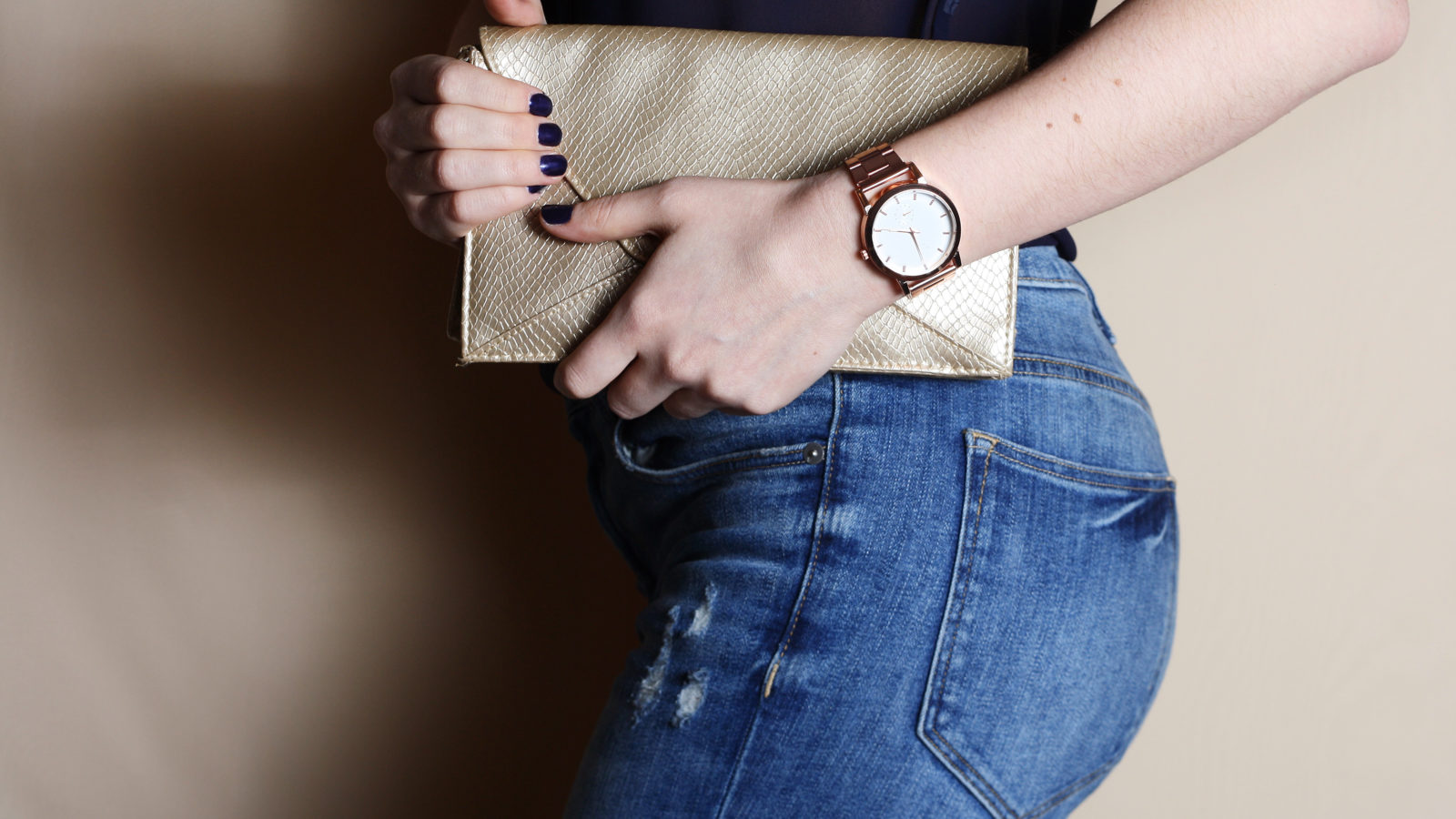I get it. I’ve done it. But I’ll NEVER do it again.
It’s a phrase I hear all the time: “I don’t want to get my hopes up.”
I’m going to stop saying that phrase, and I hope that by the end of this, you will too (see my pun I did there?)
Something good might happen, and then in the name of pragmatism, we emotionally sanction ourselves by not allowing any hope, joy or excitement about said good thing to enter our space.
And we call that demonstration of emotional restriction having discipline, and being mature, and being realistic.
Wait, what?!
When did we learn that we’re not supposed to get excited about the potential of our own lives?
Can you think of anything more bleak than not allowing yourself to be hopeful about something that excites you?
This is the part where I link to a bunch of studies about how even the smallest changes in excitement and positive expectation impact your decision making, perspective and divergent thinking (fancy way to say your ability to creatively solve a problem).
Being hopeful even impacts the rate at which your body heals itself.
That’s because your brain is incredibly efficient, and if you generally don’t think something will happen, your brain doesn’t waste the energy in imagining ways to make room for that something in your life.
The opposite is also true, if you imagine something is going to happen, even if it’s not, your brain prepares for that something to happen (FYI this is a big reason why people get anxiety attacks).
In an ironic twist, we smother our excitement in the hopes that we can avoid disappointment and negative emotions, thereby protecting our happiness.
THAT DOESN’T WORK.
Disappointment happens whether you let yourself feel hopeful or not.
So, lets recap.
We experience a natural and exuberant amount of hope and excitement — we get that sort of fun, giddy feeling that “it” could actually happen.
Almost immediately, we smother the excitement.
We make ourselves feel the opposite of hope, which makes us less happy.
We do that all so that we don’t have to feel less happy if we don’t get what we wanted or hoped for.
Like the time I enjoyed some red wine with dinner and then met friends soon afterwards at a bar that only served jalapeno margaritas — this does not end well.
And neither will never allowing yourself to feel hopeful.
“But then I won’t experience disappointment, and if I get what I want I’ll be extra happy, it’ll be icing on the cake.”
NOPE.
What actually happens is that if you train your brain to think you’re not going to get something, and then you get it, your brain expects and prepares for you to lose it, unconsciously.
It’s a little dance we do with ourselves called self-sabotage.
Understanding that things might not work out and getting your hopes up are not mutually exclusive.
The bottom line is, you’re right.
Whatever it is, it might not happen, that’s very true, you need to know that. But it is far less likely to happen if there’s not a part of you that is wide awake to the possibility that you actually can get what you want sometimes. Letting yourself be hopeful lets your brain know it’s possible, and it lets your brain prepare to receive.
So please reconsider these statements if you make them:
I’ve tried every diet, so I’m not going to get my hopes up this time around.
I’ve been dating for the last six years, so I’m not going to get my hopes up.
This is my 57th rejection letter, so I’m not going to get my hopes up.
I know this incredibly smart friend and she didn’t get in, so I’m not going to get my hopes up.
Stop wasting your energy pretending you don’t want what you want.
Do you want it?
Then get your $$%^$ hopes up.
For more of Katherine’s work, join her newsletter community, read her blog, or follow her on Instagram.


